7 Black Male Celebrities Who Opened Up About Their Mental Health Struggles
Share

For too long, Black men in America have been told to “tough it out,” keep their emotions hidden, and carry the weight of the world in silence.
But in recent years, some of the biggest names in sports and entertainment have decided to share their mental health journeys, bringing much-needed visibility to struggles that so many still fight alone.
Let’s talk about a few famous Black men who’ve faced their mental health challenges head-on. Their stories aren’t just about pain, they’re about honesty, hope, and breaking barriers for the next generation.
Kid Cudi: “I Was Living a Lie”
Rapper and actor Kid Cudi (Scott Mescudi) became a generational voice with his raw, confessional lyrics about sadness and addiction. But behind the music, he was fighting his own demons. In 2016, Cudi checked himself into rehab, writing to fans:
“I am not at peace. I haven’t been since you’ve known me… My anxiety and depression have ruled my life for as long as I can remember.”
Cudi openly discussed struggling with depression, suicidal thoughts, and addiction to prescription drugs. His public breakdowns, like emotional tweets or sudden disappearances, were often misunderstood as “bad behavior.”
But after rehab and ongoing therapy, Cudi has turned his pain into a platform for change, encouraging other young Black men to talk about their feelings without shame.
Kanye West: “My Bipolar Is My Superpower”
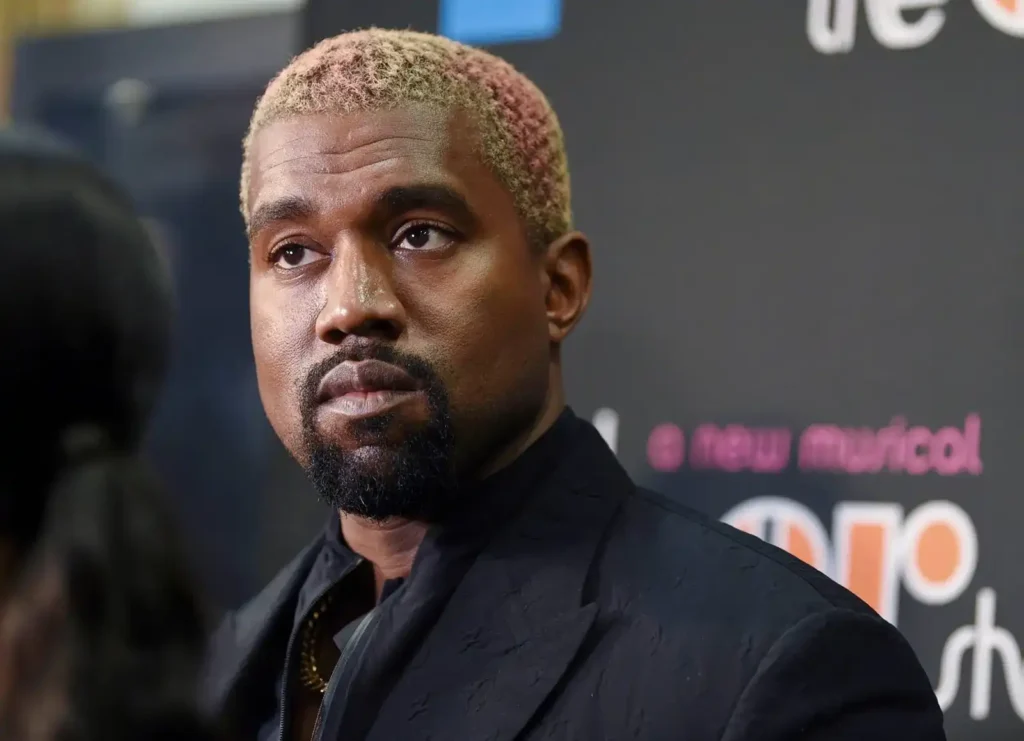
Few artists have sparked more conversation than Kanye West. The rapper and fashion mogul’s erratic outbursts, from Twitter rants to bizarre interviews, have dominated headlines for years. But in 2018, Kanye revealed his diagnosis with bipolar disorder, calling it his “superpower.”
Kanye’s public lash-outs, manic episodes, and controversial statements have sometimes alienated fans and colleagues. He’s been hospitalized after severe breakdowns, and his struggle has often played out in front of cameras.
“It’s not a disability, it’s a superpower,” Kanye has said, trying to reclaim the narrative.
His journey is messy and complicated, but Kanye’s openness has forced bigger conversations about mental health, stigma, and how the industry treats Black men in distress.
Charlamagne Tha god: “Therapy Changed My Life”
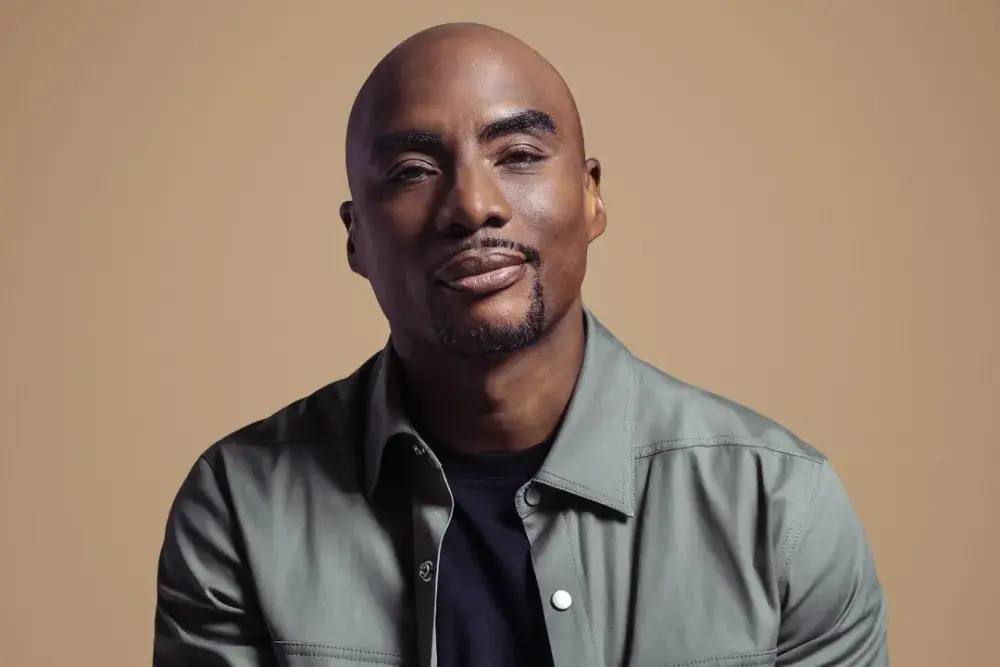
Charlamagne Tha god, co-host of “The Breakfast Club,” built his brand on tough talk and brutal honesty. But behind the scenes, he was suffering from anxiety and panic attacks that nearly derailed his career.
For years, Charlamagne coped by lashing out at others and hiding behind a “hard” persona. But when he finally started therapy at 39, he found peace and began speaking publicly about his journey.
“Black men—stop suffering in silence. Therapy changed my life,” he told listeners.
Now, Charlamagne runs a mental wellness foundation and urges other Black men to get help, showing that emotional strength comes from facing your fears, not running from them.
Chris Brown: “I Didn’t Know How to Cope”
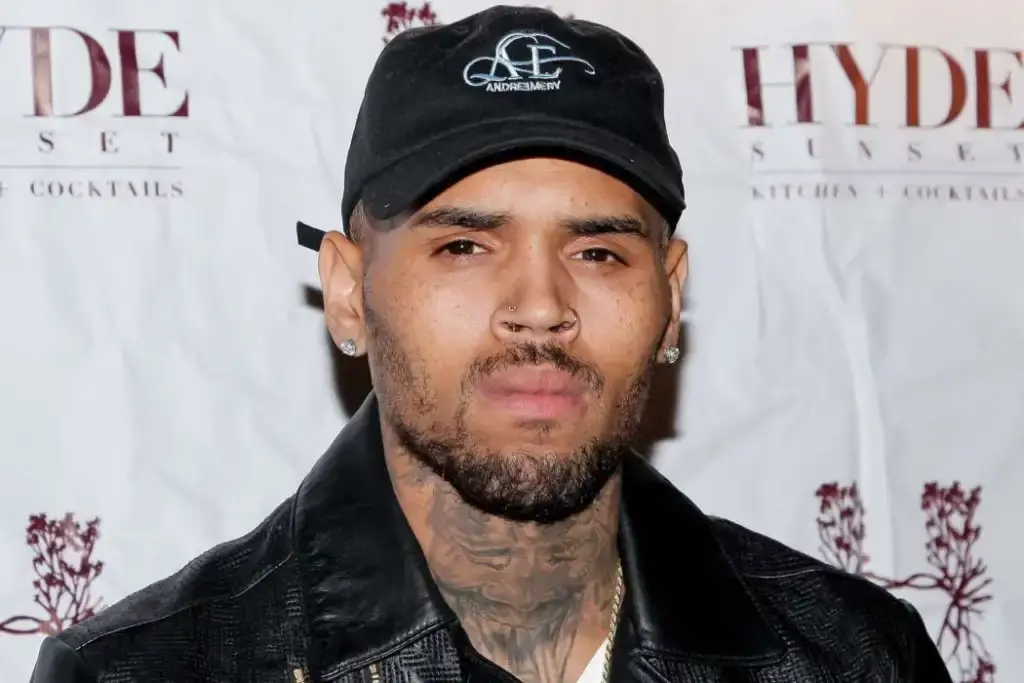
Chris Brown’s rise to fame was followed by years of public meltdowns, legal trouble, and violent altercations. For a long time, his actions were chalked up to “anger issues” or simply dismissed.
But in 2014, after a very public breakdown, Chris Brown was diagnosed with bipolar II disorder and PTSD.
“I was really at a point where I didn’t know how to cope,” he later shared.
Brown’s substance abuse, unpredictable behavior, and outbursts were symptoms of a deeper battle. After rehab and therapy, he’s been more open about his struggles and the importance of mental health treatment—especially for those who grew up without support.
Herschel Walker: “I Lived in Darkness for Years”

NFL legend Herschel Walker shocked fans when he revealed his struggle with dissociative identity disorder (DID), a condition often misunderstood and heavily stigmatized.
In his memoir, Breaking Free, Walker described living with multiple personalities and losing time during important moments.
“People see a big, strong football player. But I lived in darkness for years,” he wrote.
Walker’s courage in sharing his story helped dismantle stigma and showed that even the toughest men can be brought low by mental illness—and still rise again.
Bryce Young: “Therapy Is Part of My Game Plan”
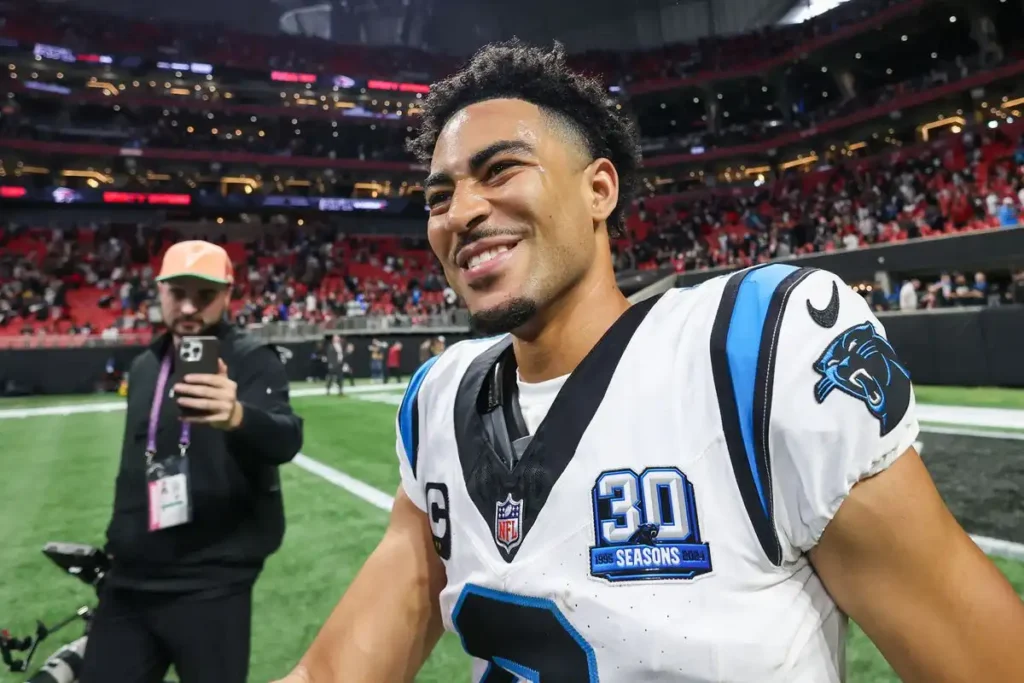
At just 23, NFL quarterback Bryce Young is breaking new ground by openly talking about therapy and mental wellness. While most athletes focus on their physical game, Young sees mental health as equally important.
“Taking care of my mind is as important as taking care of my body,” he’s said.
His openness is helping normalize mental health conversations in sports and inspiring other young Black men to put their well-being first.
Courtney B. Vance: “We’re Good at Suffering, But We Need to Get Help”
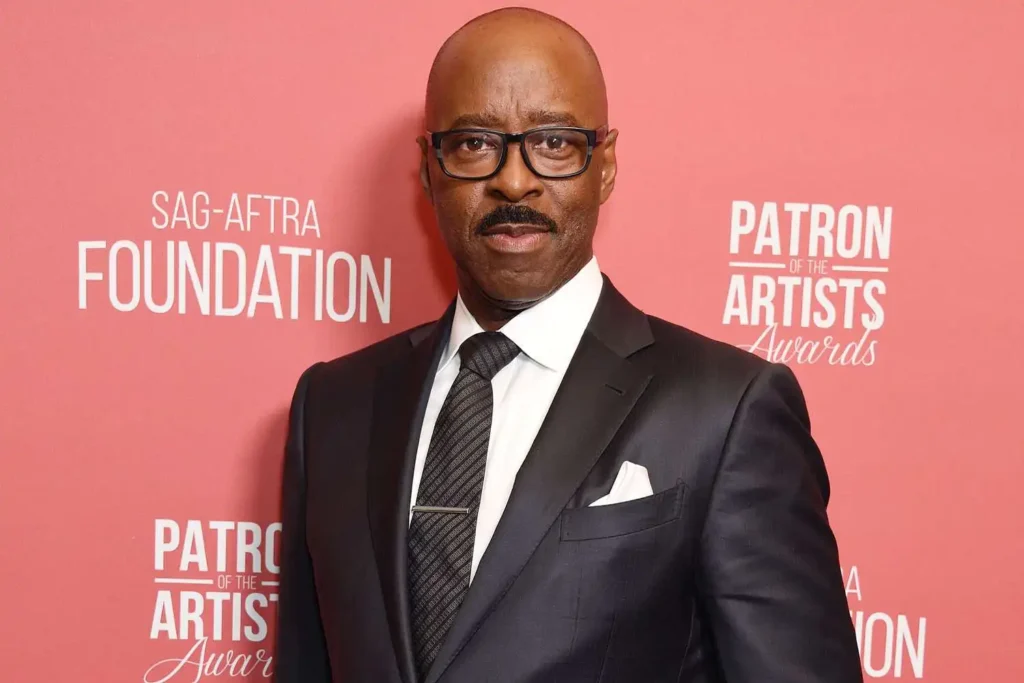
Award-winning actor Courtney B. Vance has spoken about the silent suffering of Black men, urging his peers to break the cycle.
“We’re very good at suffering, but it’s too much work to get help,” Vance says.
By speaking up, Vance encourages Black men to let go of old stigmas and embrace counseling, showing that true strength is found in healing.


















